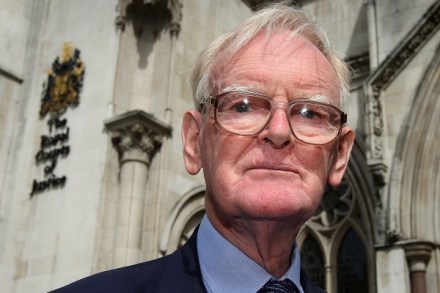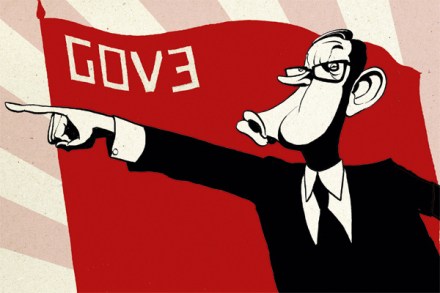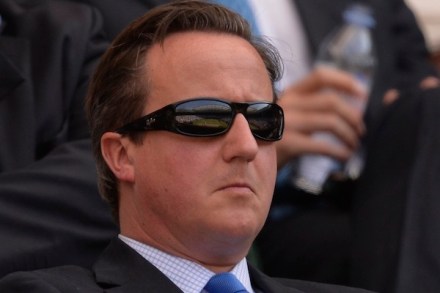Treachery in UKIP?
Steerpike is back in this week’s edition of the Specator. Here is a preview: ‘Is there treachery at the top of Ukip? Westminster has been buzzing with the rumour that Party treasurer Stuart Wheeler has laid money on the Conservatives to win an overall majority in 2015. Can it possibly be true? Mr Steerpike called Mr Wheeler who was happy to spill the beans. Yes, he said, he has placed a bet — ‘bigger than a fiver but not huge’ — but not because he thinks or hopes the Tories will win. ‘I expect to lose the money,’ he says cheerfully, ‘but the odds of 4/1 looked a bit long.’



















